
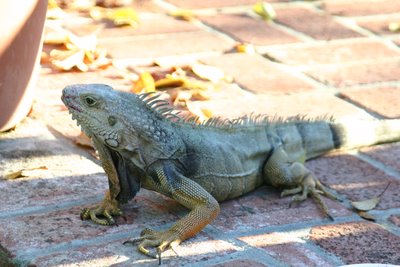

This blog has evolved into a place to post my photography. If every picture's worth a thousand words, then I guess it's time to pull up a chair and start reading...
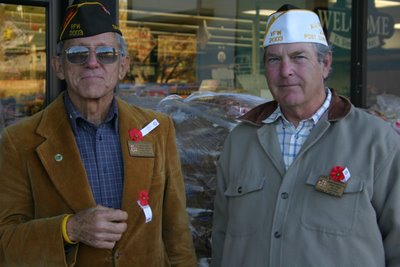
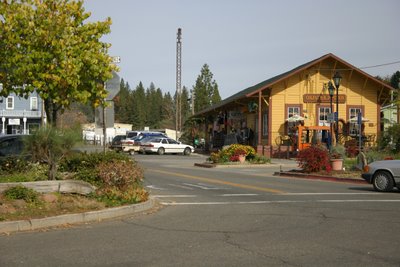
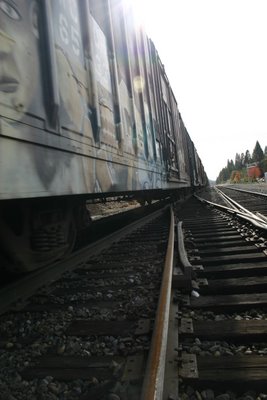
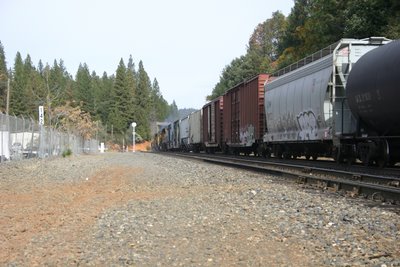
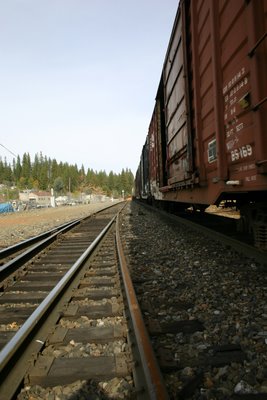
By: Michael Althouse
Colfax Record Staff Writer
Wednesday, November 1, 2006 6:29 PM PST
One vote can make a difference.
"Of course," you say. "Colfax is a small town."
True enough, but I mean even in an election of national proportions ... One vote can make a difference. Now you might be expecting me to point some of the close races in the historical record. Garfield vs. Hancock, Nixon vs. Kennedy or even Bush vs. Gore, but that's not the kind of difference I'm talking about.
It's much more personal than that.
I can trace almost to the day the awakening of my political awareness. The 26th Amendment to the Constitution of the United States of America was ratified in July 1971. It is as simple in its language as it is in its deed:
"Section 1. The right of citizens of the United States, who are 18 years of age or older, to vote shall not be denied or abridged by the United States or by any State on account of age. Section 2. The Congress shall have power to enforce this article by appropriate legislation."
Rep. Jennings Randolph, D-West Virginia, first introduced it in Congress in 1941. His argument was simple enough: If people were old enough to fight and die for this country, they should have the right to vote. Simple as it is, Randolph had to sponsor it 11 times over 30 years as both a congressman and later a senator before it was finally ratified.
The 26th Amendment meant that I would be able to vote three full years sooner! Or so I thought. My birthday was just about one month too late to vote in the 1980 presidential election. Jimmy Carter was running for re-election against a former California governor and actor named Ronald Reagan.
Just 32 days short of turning 18 and I was nothing but a bystander. Even though I had done the math years in advance - this was no surprise - I was still bummed out. Not that my participation would have affected the outcome. Reagan didn't need me and Carter needed several million more but it would have put me in a participatory role and I could have made a statement.
I was so close I could taste it. ...
The first big election I voted in was the 1982 midterm. It wasn't the presidential election, but I was excited all the same. And it's been like that ever since. With less than a week to go for the upcoming midterm, I'm excited again - really excited.
Colfax has three-fifths of a City Council to elect - it's at least as important as the Doolittle vs. Brown race, maybe more so. Other local governing bodies have seats up for grabs as well.
Voting connects the community to its leadership and it is even more crucial in small, local elections. I don't think I can affect the final outcome; in most cases, just my one lone vote can't. However, by taking the time to vote, I show our elected officials that I am here, paying attention, and I connect myself to the process. I become vested. I am a participant, an owner.
Democracy is not a spectator sport.
I'm excited because next Tuesday, I will again participate in expressing my part of the collective will of the people, doing my part to keep our democratic republic alive. I've heard it said over and over again, "If you don't vote, you can't complain."
Hogwash! There will always be plenty of complaining going on. It would be better characterized by saying, "If you don't vote, why would you care?" For me, it's a circular phenomenon - I vote because I care and because I vote, I care.
One vote does make a huge difference - to me.
Michael Althouse can be reached at mikealthouse@earthlink.net.
 This slogan is most often associated with motorcycles - Harley Davidsons to be specific. The enamel pin on the right is a Wm Spear Designs take-off of another popular motorcycle phrase, "Ride hard, die free." Both have had an eerie resonance with me for most of my life – certainly all of my adult life.
This slogan is most often associated with motorcycles - Harley Davidsons to be specific. The enamel pin on the right is a Wm Spear Designs take-off of another popular motorcycle phrase, "Ride hard, die free." Both have had an eerie resonance with me for most of my life – certainly all of my adult life. Backwards as forwards, energy flowing from thought into word is transferred into stored energy. Spoken words, or symbols of sounds, may be transmitted to one, to thousands, to millions. Indeed, this energy storage and transmission is not “renewable,” it’s inexhaustible. As the symbols and codes exist, so too does the power – readily available to be converted again. And again. The collected wisdom of mankind is available and ready; be it via known languages or long forgotten tongues, the energy is there, waiting to be released.
Backwards as forwards, energy flowing from thought into word is transferred into stored energy. Spoken words, or symbols of sounds, may be transmitted to one, to thousands, to millions. Indeed, this energy storage and transmission is not “renewable,” it’s inexhaustible. As the symbols and codes exist, so too does the power – readily available to be converted again. And again. The collected wisdom of mankind is available and ready; be it via known languages or long forgotten tongues, the energy is there, waiting to be released. I have often wondered about magic. Fairytale magic, witchcraft, sorcery, incantations, natural, spiritual, scientific or physical – I don’t care – just magic. Why? To get “there” faster? Yes, there was once a time. To solve unsolvable problems? Sure, mine as well as yours. To make the world a better place? I’m not sure even magic alone could do that. To accomplish the impossible? To travel to the ends of the universe or… to travel to another one? Would magic be able to produce answers? Could it be an aide to finding the solution, or would it render the solution moot?
I have often wondered about magic. Fairytale magic, witchcraft, sorcery, incantations, natural, spiritual, scientific or physical – I don’t care – just magic. Why? To get “there” faster? Yes, there was once a time. To solve unsolvable problems? Sure, mine as well as yours. To make the world a better place? I’m not sure even magic alone could do that. To accomplish the impossible? To travel to the ends of the universe or… to travel to another one? Would magic be able to produce answers? Could it be an aide to finding the solution, or would it render the solution moot?
 Picture a bright blue ball, just spinning, spinnin free,
Picture a bright blue ball, just spinning, spinnin free, Here's a crazy little thing I found on my classmate Lacey's blog. What a perfectly wonderful way to while away the hours!
Here's a crazy little thing I found on my classmate Lacey's blog. What a perfectly wonderful way to while away the hours!